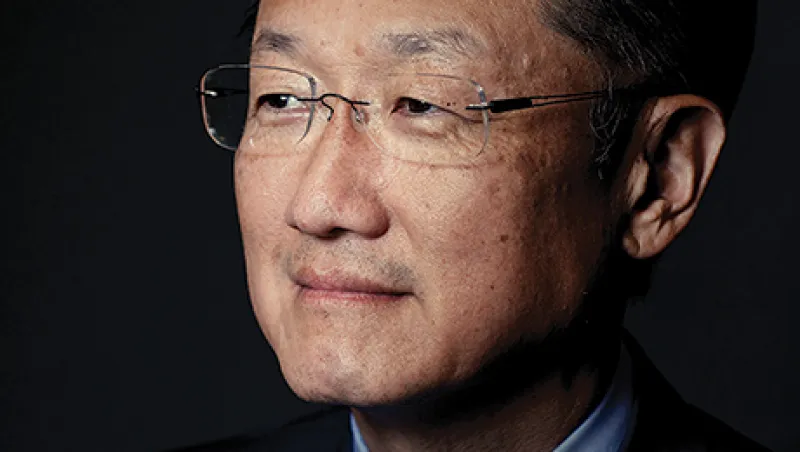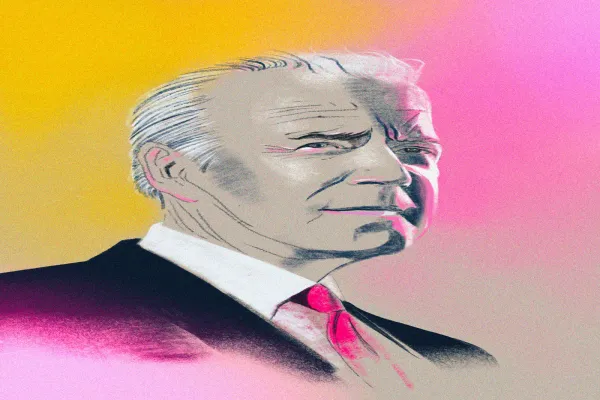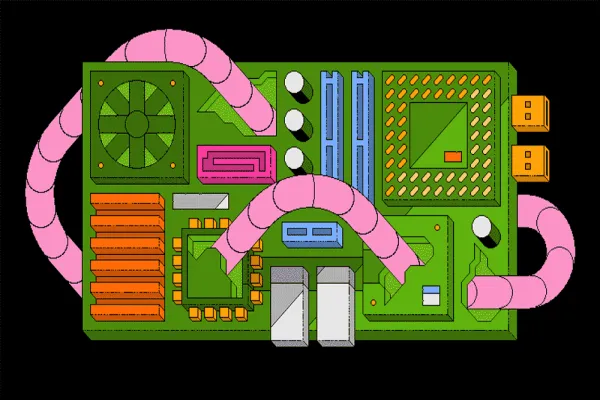As arguably the leading voice for international development, Jim Yong Kim has plenty of reason to feel besieged. The global economy is slowing, putting at risk many of the gains made by emerging-markets countries over the past decade. Meanwhile, the World Bank Group, which Kim heads, is about to face competition from two new China-led rivals, the Asian Infrastructure Investment Bank and the New Development Bank.
The World Bank has cut its projection for global growth to 2.8 percent this year, including a downgrade for emerging markets to 4.4 percent from 4.6 percent previously. “We seem to be saying this a lot,” the president notes in an interview at his Washington office. “It was another disappointing year in terms of growth.”
Kim is anything but despondent, though. Emerging markets can take steps to strengthen their economies even in the face of China’s slowdown, he says. The World Bank is drafting a report for presentation at its annual meeting in Lima, Peru, next month that will show that well-planned investments in health care, education and infrastructure are essential for driving growth and reducing poverty in developing countries.
For Kim, it’s not just about the money: “Strategic investments in health and education that actually give you a better outcome — that’s the key.” The challenge is greatest in Latin America, which had boomed by selling copper, soybeans and oil to China but is now reeling from the commodity slump, with barely any growth expected in the region this year. “Country after country in Latin America is struggling to change their model of growth to more value-added,” Kim points out.
Everyone is fixated on China these days, and Kim, 55, is no exception. Beijing’s launch of two new development lenders represents the biggest shake-up of the multilateral scene in decades, but rather than seeing them as rivals, he’s embracing the banks as potential collaborators in the war on global poverty.
“As soon as I heard about these banks, I welcomed them,” says South Korean–born Kim, who grew up in small-town Iowa and joined the World Bank in 2012 from Dartmouth College, where he was the first Asian-American president of an Ivy League school. “With a $1 trillion to $1.5 trillion yearly infrastructure gap in developing countries, anyone who really cares about ending extreme poverty has to see poverty as the enemy, and not other financial institutions.” In July he met with the AIIB’s president-elect, Jin Liqun, in Beijing to discuss potential co-financing ventures that he hopes will get started early next year. The World Bank is also helping Kundapur Vaman (K.V.) Kamath to get the New Development Bank, backed by Brazil, Russia, India, China and South Africa, off the ground, advising on everything from pay policies for expatriate staff to the types of loans it may offer.
Kim’s consistent support of the two institutions makes the Obama administration’s ham-fisted attempt to stymie the AIIB earlier this year all the more baffling. It’s not as if he’s a rank outsider. When we met, he was just back from Martha’s Vineyard, where he played golf with President Obama. But the conversation on the links was strictly about the game, says Kim, who’s no slouch at a 5 handicap.
The recent plunge in Chinese stock prices and the decision to allow the renminbi to depreciate have rattled global markets. Investors had better become accustomed to it, Kim says. He met with Premier Li Keqiang and Finance minister Lou Jiwei during his recent trip, and they insisted that Beijing would keep liberalizing financial markets to promote China’s shift from manufacturing exports to an economy driven more by domestic consumption and services.
“Everything we see in what they’re doing is that they continue to move toward this transformation of their growth model,” Kim explains. “I think one of the things the world has to get used to is the more they move toward market reforms — which they know they have to do and which they continue to stress that they’re doing — there is going to be fluctuation.”
Kim’s other big concern is the risk of global pandemic. As a medical doctor and infectious-disease specialist, he led the World Bank in combating the Ebola outbreak in West Africa last year, spending nearly $1 billion and helping to quell the crisis that devastated Guinea, Liberia and Sierra Leone. Rather than sink back into complacency, Kim urges, governments need to seize on the effort’s success and invest in building health care systems in developing countries and a rapid-response capability for future crises. Health experts warn that a pandemic along the lines of the 1918 Spanish flu outbreak is highly likely in the next 30 years, potentially claiming 30 million to 50 million lives and depressing the global economy by 5 percent, according to World Bank estimates.
“One of the things that the world has to learn is that you can’t go from neglect to panic, neglect to panic over and over again,” Kim says. “If you were staring down the barrel of tens of millions of lives and a $4 trillion loss to the global economy, what would you be willing to invest?”
Visit Tom Buerkle’s blog and follow him on Twitter at @tombuerkle.






